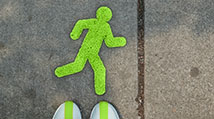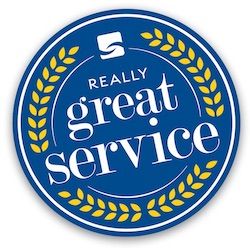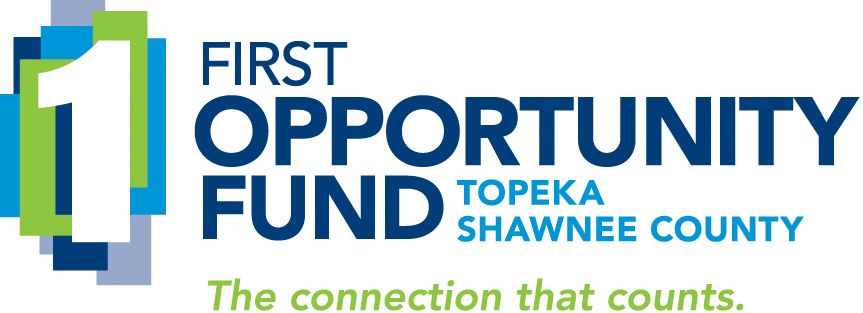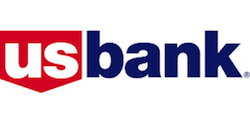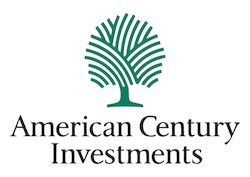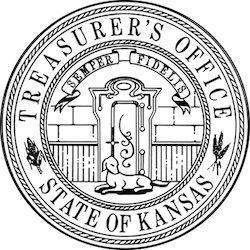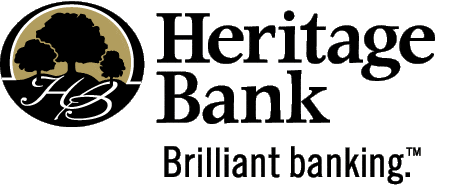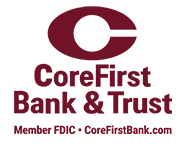According to the latest LendingTree survey of nearly 2,000 U.S. Gen Zers and millennials, more than half of young Americans have a side hustle. And it isn’t just an option, as 80 percent of these side hustlers say they’re more reliant on the extra income because of today’s economy.
A recent survey with the Banktastic National Millennial Advisory Board, a group of nearly 400 millennials across the US, offers some insights and direct quotes that add depth to the numbers.
The top reasons our board members have a side hustle
- fun money/extra spending
- invest in real estate or other investing
- pay off debt
- supplement income
- add to savings
Like many millennials, one of our board members emphasized the value real estate can play in bringing extra income. “Airbnb pays half the mortgage,” said one respondent.
Note that a side hustle can be entrepreneurship or working for someone else—or both. Another said, “I used to do more, but I just had a baby so I’m down to just tutoring. I (also) used to work at Kohl’s department store. I also often teach an additional class at school and all of these combined almost doubled my monthly income. My goal is to expedite paying off debts and putting money into my savings and into my children’s 529 accounts.”
“It’s sad how many millennials have had to monetize their hobbies to get by,” lamented another.
Many millennials manage their side hustle solo—without the help of finance or legal professionals
resources former side hustlers have used
We asked our board members who used to have a side hustle, but no longer do, what they accessed to help them get started. More than 75 percent answered “nothing.” About one fourth cited taking advantage of business education and business mentoring.
Only a small handful of the former side hustlers mentioned accessing traditional banking services such as cash management, a small business loan or a line of credit.
resources current side hustlers have used
Those with an active side hustle were going it on their own to a lesser degree—67 percent—yet it still seems to be a trend.
A slightly larger number of those currently with a side hustle mentioned traditional bank services or nontraditional lending. They cited:
- bank or credit union 17%
- small business development center 11%
Some one-off answers included a financial advisor, business broker and an insurance company.
Most millennials don’t plan to turn their side hustle into a full time job
Nearly 70 percent of our board say they have no intention of growing their side hustle into a full time job. About 15 percent say they hope to do so, and about 15 percent are in “wait and see” mode, but do have an interest in growing their business.
“Side hustles are important and an underutilized industry to help bridge gaps and have more flexible spending,” said one board member.
Another said she’d like to turn her hustle into a full time job, but isn’t sure if it’s possible.
The time spent on a side hustle: does it deliver ROI?
The majority of our millennial board who have a side hustle spend one to 10 hours per week at their enterprise—and the majority say that less than 10 percent of their income comes from their side hustle.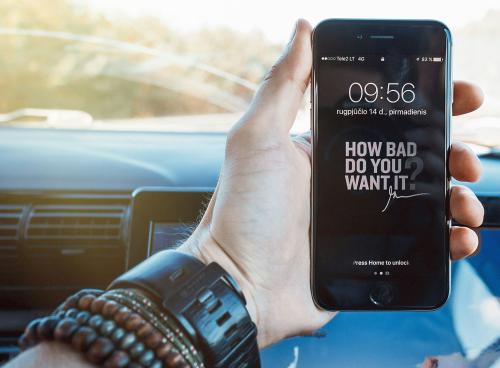
Does it deliver ROI? Apparently, it’s valuable to them because even at 10 percent or less extra income, over a third of our board says they’ve had their side hustle for four or more years.
The enjoyment factor of having a side hustle can’t be dismissed. Several mentioned enjoying their hobby and making extra money at the same time. “Honestly, I’m just having fun,” said one respondent. “It’s a fun outlet for my creativity that happens to produce income,” answered another.
Why finance professionals should care about millennial and Gen Z side hustles
With so many people hustling without the help of finance professionals, it begs some questions:
- Why are they going it alone?
- Could they be maximizing cash, credit and profitability with the help of a banker or financial advisor?
- Are their assets protected if something goes awry?
- Could there be any looming potential tax liabilities they may not know about?
- Is their insurance coverage adequate to cover any errors, omissions or accidents?
Regardless of whether these hustlers want to continue these activities for the long term—and what they see as their goals—finance professionals have the opportunity to help them be more successful.
Make your institution invaluable to millennial side hustlers
First, they have to be aware of you and aware of the value you offer.
- Consider creating some introductions to your institution via webinars, in-person workshops, social media and web content to address these important questions.
- Share the load! Take a team approach that partners with an attorney, a banker and a CPA to develop a wealth of valuable programming with less effort.
- Be present and active in the local business community in person and online.
- Use digital advertising and automation to develop leads and nurture them.
Go get 'em! Position your organization as one that helps millennial side hustlers prosper, and you’ll be building sticky new client relationships.
For more on millennial business owner financial needs, read our article: Customer success managers - a key to millennial small business owner loyalty.
To commission a quick pulse survey or focus group with the Banktastic National Millennial Advisory Board, schedule a meeting with Martha Bartlett Piland now.
photo credits from Unsplash: crosswalk stencil by Marsha Reid • mobile phone by Jonas Svidras


